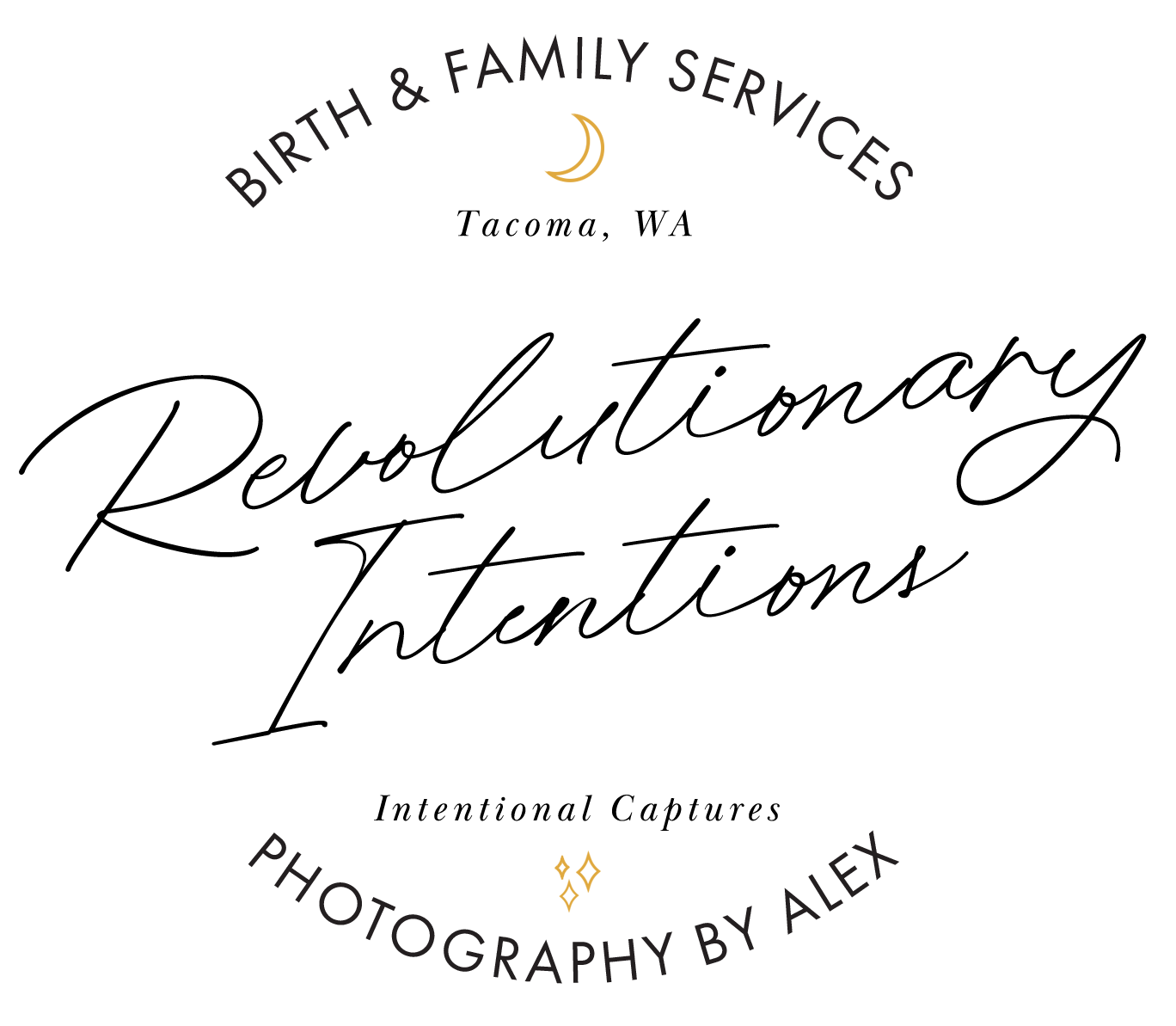Intentional Nutrition | Replenishing with food during postpartum
What if I told you the ideal postpartum diet included butter, salt, and chocolate cake?
Homebirth clients eating an array of gluten free foods I had prepared for them once baby arrived
Yes, chocolate cake. The motherhood diet “industry” needs a reframe severely. Postpartum eating habits across our culture show the harmful effects of “bounce back media” - which is the way I refer to the generation spanning fixation on the way a mother’s body looks rather than how it feels for the person in it. The pervasive obsession socially towards women’s bodies isn’t something we only deal with during postpartum, but it is one of the most sensitive times we are exposed to it.
“ There is no such thing as returning to the same body a person had before pregnancy and birthing, tissues stretch, muscles change, hormones shift, and these changes can be permanent and worsen over time. The goal should not be to return to the body you once had. The goal should be to function at the highest capacity in your new body”
Our dietary needs during the tender time after having a baby are impacted by dramatic shifts in hormones, caloric deficit, blood loss during childbirth and healing from any adverse outcomes. We enter postpartum in a state of depletion, losing minerals, vitamins, and blood. Birthing parents lose about half a quart (500 milliliters) during vaginal birth or about 1 quart (1,000 milliliters) after a cesarean birth.
Making an Intentional Nutrition Plan with me as your birth or postpartum doula is something we talk about in our prep meetings. It is important to look at specifics of your life that impact nutrition like allergens or other restrictions, affordability and budget for meal planning, supplements you may be taking and any cultural or ancestral preferences that we need to center when making a postpartum nutrition plan.
After we get those specifics established we can talk foods for repletion -
The most common postnatal risks are hemorrhage, infection & sepsis, postpartum mood disorders & cardiovascular issues. Unfortunately due to the neglectful gap of care in postpartum policies across the United States, it is on each of us to localize and individualize our health and nutrition. Even if we did receive the adequate care we should by our medical providers, it is ultimately more accessible and revolutionary for each person to be an active part of their nutrition and healing. Industrial Obstetrics focuses on ‘pathological management’ after diseases are present, so we should center our focus on preventative nutrition. Nutrition that gives us more insight into our bodies needs during pregnancy and postpartum.
For blood loss, get on Iron and B12 either via food or supplement. To support heart health switch to real sea salt over table salt, increase Coenzyme Q10 (CoQ10) intake, and nourish yourself with Omega 3 fatty acids. For immune support Vitamin D is essential during postpartum especially in my dreary area of Tacoma. To support mood and hormone health you want selenium and zinc or adaptogen herbals like Ashwagandha, Maca or Holy Basil.
Buttering. Contrary to popular belief, butter is good for you provided you eat it in moderate quantities. ...
Grass Fed Dairy- Full Fat Variety
Ghee
Coconut and Coconut Oil
Dark Chocolate
Nuts
Olive Oil
Egg Yolks
Avocados
These types of whole foods support a healthy metabolism as well, which compared with healthy activity once a day, we are setting our bodies and minds up for physical recovery in a empowering and evidence based way. Being intentional about our nourishment during postpartum allows us to meet our bodies where they are at without social pressures to “get back to normal”. One of the ways we can start loving our bodies is by listening to them and not asking too much of them, especially after childbirth.


